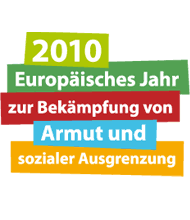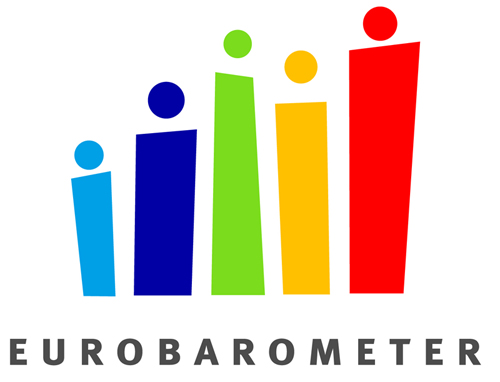Today in the European Union, nearly 80 million citizens, or 16% of its population, live below the poverty line, and many face serious obstacles in accessing employment, education, housing, social and financial services.
A Eurobarometer survey, carried out in September this year, and released on the 27 October, sheds some light on the many facets of poverty and social exclusion.
EU citizens are strongly aware of poverty and social exclusion, with 73% who feel that poverty in their country is widespread, and a further 89% want urgent action by their government to tackle the problem.
High unemployment (52%), insufficient wages and salaries (49%) are the most widely perceived ‘societal’ explanations for poverty, together with insufficient social benefits and pensions (29%) and the excessive cost of decent housing (26%), whereas a lack of education, training or skills (37%), as well as ‘inherited’ poverty (25%) and addiction (23%) are the most widely perceived ‘personal’ reasons behind poverty.
Over half of Europeans (56%) believe that the unemployed are most at risk of poverty, while 41% believe that the elderly are most vulnerable, and 31% see those with a low level of education, training or skills as most at risk.
Close to nine out of ten Europeans (87%) believe that poverty hampers people’s chances of gaining access to decent housing, eight out of ten feel that being poor limits access to higher education or adult learning, and 74% believe that it damages their chances of finding a job. The majority of Europeans (60%) believe that access to a decent basic school education is affected, and 54% believe that the ability to maintain a network of friends and acquaintances is limited by poverty. Across Europe, 53% feel that their national governments are primarily responsible for combating poverty. Even if Europeans do not regard the European Union as primarily responsible for combating poverty, its role is nonetheless seen as important by many (28% see it as ‘very important’, and 46% ‘somewhat important’).










